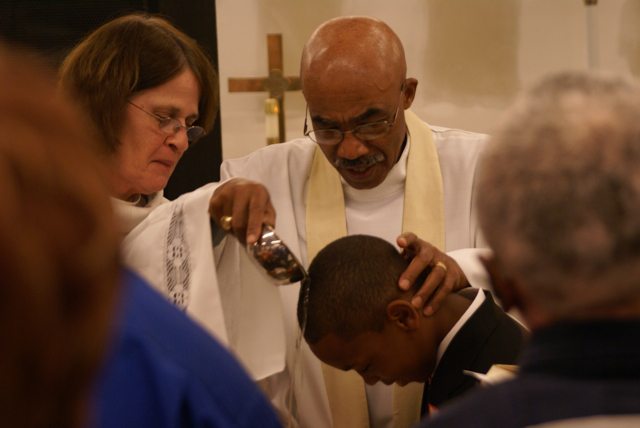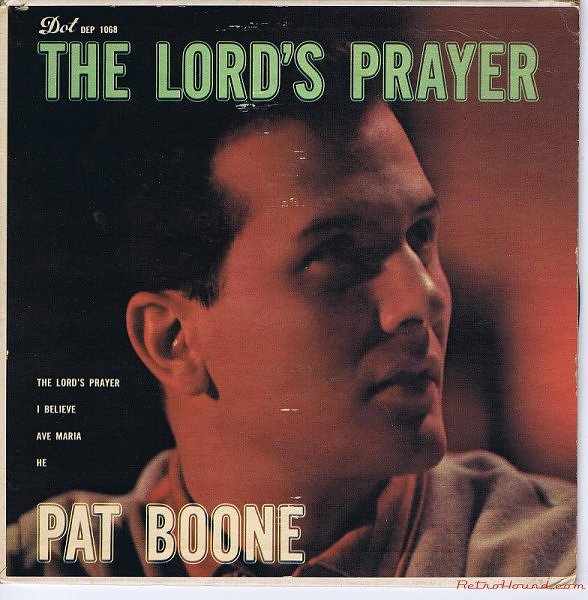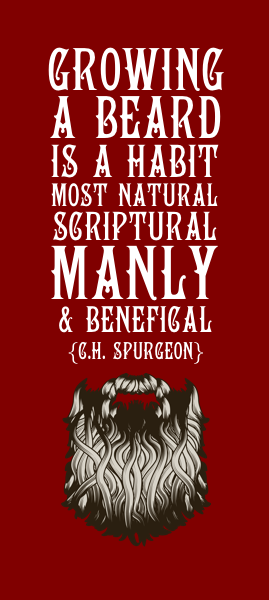On this date in history I was born. And in 1882 Oscar Wilde was ridiculed in Harper’s Weekly. One of the quotes in the NYTimes’ summary of Wilde’s trip to the US caught my attention.
“It is not increased moral sense your literature needs. Indeed we should never talk of a moral or an immoral poem. Poems are either well written or badly written. That is all. A good work aims at the purely artistic effect. Love art for its own sake and all things that you need will be added to it.”
I have read it before, as I am sure many of you had, but had you noticed the allusion to Matt. 6:33? I had not. “But seek ye first his kingdom, and his righteousness; and all these things shall be added unto you.” (The ASV sounds about right in this context.) It also brought to mind Jim West’s reference to Philip Davies’ essay on ethics in the Hebrew Bible (is there any? he asks). Jim shared a snippet from Davies’ essay.
Western civilization … does not get ethics from the Bible (and I would say, not even from the New Testament, but I don’t have room to argue that. Go figure.) Ethics develop in a society where individuals have to make their own moral judgments about intrinsic goodness.
Joel Hoffman takes up this quote and rightly questioned Davies’ suggestion that ethics are developed simply when a society decides upon a set of moral principles is a rather dim and limiting view of ethics, and certainly very relativistic.
What Davies was actually addressing the broader question of whether or not atheists can also be ethical since, the straw man says, ethics come from religion.
I repeatedly hear advocates of religion asserting that it is religion that gives humans ethics that bestow value on human life. I have rarely heard anything so ridiculous in my life.
Davies then considers whether the Hebrew Bible contains ethics, presenting the laws and commandments (in quotes for some reason) as the prime examples. He asserts,
this is what much of the biblical “ethics” are — rules that are imposed and expected to be obeyed.
But that is not what ethics is at all, in the Bible or external to it. Rules, laws and commandments may be governed by ethics but they themselves are not ethics and, of course, may not be ethical.

This brings us back neatly to the theme of the last week or so, how we read the Bible. Davies is reading the Bible very superficially to make a particular point. One of the great joys and challenges of the Hebrew Bible is that we have to read the narrative carefully to glean from it the message and meaning the authors wished to impart. The laws are there yes, clear and concise. But as I said before, they are not ethics in and of themselves. Ethics may incorporate simple dicta of what is right and wrong, but it is also the broader ethos in which decisions are carried out, whether or not a prescribed ruling already exists for such a decision or not.
Davies offers a number of examples, including a critique of Proverbs. He concludes that Proverbs (and biblical wisdom literature in general, it appears) is fatally flawed.
Yet the more serious flaw is the tendency (mostly outside Proverbs) to equate this “wisdom” to “torah” (divine instruction), and then, to make it worse, to define “torah” as a written corpus of commandments. Hence the wise person, as Psalm 1 has it, is one who meditates on this continually, rather than the one who thinks, reads, or reflect. Ethics out of a can.
I can’t help but wonder if there is a typo in the penultimate sentence. Did he really mean to say that Psalm 1 is advocating “meditating” on Torah as somehow different and of lesser value than “thinking, reading, or reflecting”? If asked for a definition of meditation both abstractly and as an explanation of what was meant in Ps. 1 I would say just that; it means to consider deeply, thinking, reading, reflecting on the meaning of Torah. And this is precisely the kind of reading of the text that is required in order to understand the Bible as conveying ethical guidance for the community of faith. [mfn]My favorite example to offer my students of an ethical text in narrative is Ex. 1:15-21. Anyone care to discuss this passage in light of the preceding thoughts?[/mfn]
Finally, I should say clearly that I am not one of those who believes that an non-religious person can be (or behave) in an ethical manner. Of course they can! Just as much as a Christian can behave in a wicked manner (see Jim’s many “total depravity” posts). The Bible is rich and complex and requires careful reading and exposition, from both its proponents and critics. Yet if we believe in a God who created this world and placed it in order, then yes, I do believe that ethics, however one prefers to describe its origins, ultimately derive from the divine.





One thought on “Oscar Wilde, Philip Davies, morals, ethics and how we read the Bible”
Hi Chris,
Many excellent points here. You also choose to respond to Davies in a far less polemical register than his. Very nice move. For a polemical response that covers some of the same ground, go here:
http://ancienthebrewpoetry.typepad.com/ancient_hebrew_poetry/2009/09/philip-davies-a-smackdown-.html